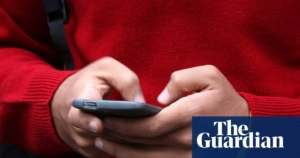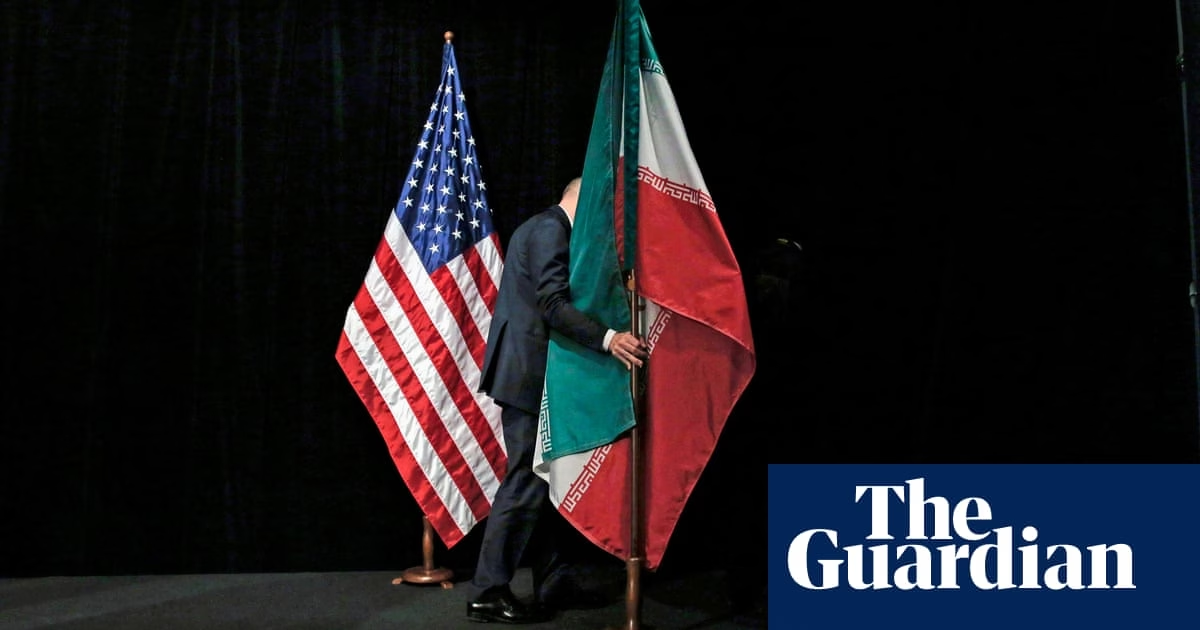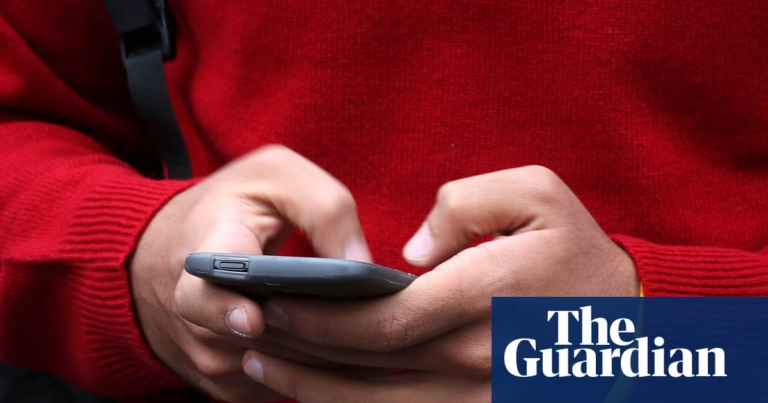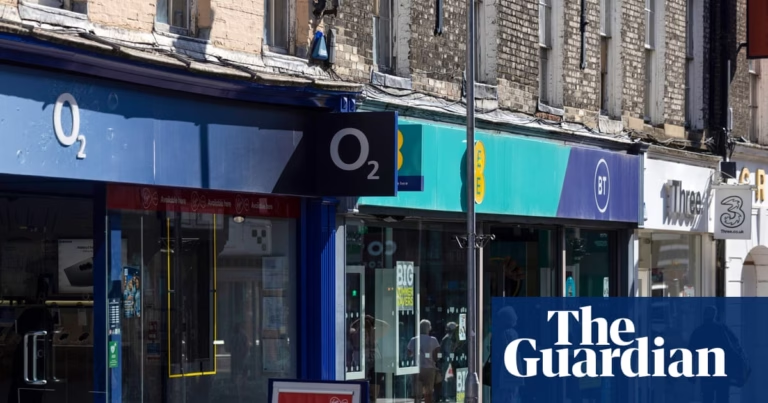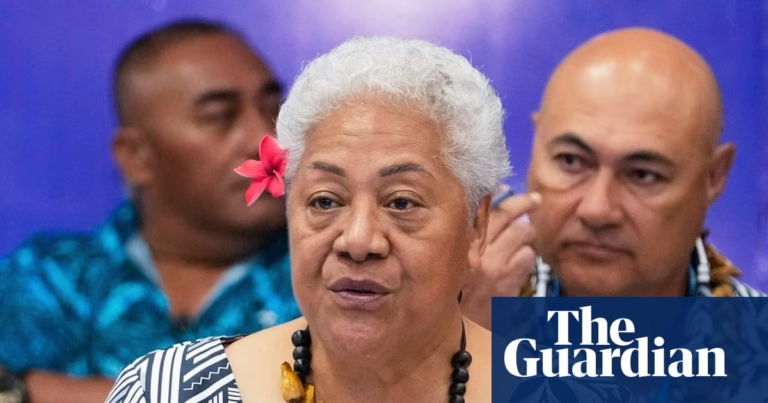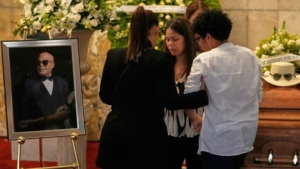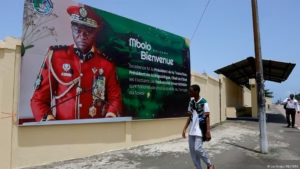Historical metaphor refers to them as “Nixon in China” moments: diplomatic encounters where leaders representing political systems implacably opposed to each other overcome their mistrust to achieve unexpected breakthroughs.
Yet few meetings can have held less obvious prospect of the success achieved by President Richard Nixon’s historic 1972 visit to Beijing than that scheduled to take place in Oman on Saturday between representatives of the United States and Iran.
The event took the international media by surprise when it was announced by Donald Trump last Monday.
Ostensibly at stake is Iran’s nuclear program, and western fears that the country’s theocratic rulers could convert it into an atomic bomb.
Trump, sitting beside the Israeli prime minister Benjamin Netanyahu in the Oval Office, infused the matter with renewed urgency by warning that Iran would face dire consequences unless a deal could be reached.
“I think if the talks aren’t successful, Iran is going to be in great danger, because they can’t have a nuclear weapon,” he said.
The air of diplomacy backed by threat was reiterated by White House press secretary Karoline Leavitt on Friday. “The ultimate objective is to ensure that Iran can never attain a nuclear weapon … All options are on the table and Iran has a choice to make: you can agree to President Trump’s demand or there will be all hell to pay,” she said.
It seemed an inauspicious way to attempt to surmount two generations of suspicion between two countries since Jimmy Carter severed diplomatic ties in 1980 after Islamic revolutionaries stormed the US embassy in Tehran and held 53 Americans hostage for more than a year.
Compounding that obstacle is the fact that the two sides have given contradictory definitions of format for the talks.
While Trump has said the contacts will be “direct”, Iran insists they will be “indirect”, implying that communications will take place through an unspecified intermediary.
Analysts and veteran diplomats say that difference could portend bigger disagreements, precluding the chance of success, which one veteran US diplomat estimated at ranging from “zero to none”.
“It indicates that serious people are not running the show, because one of the first things you do is you agree on things like commenting on the format and what’s going to happen,” said Dennis Jett, a former US ambassador, international relations professor and author of a book about the 2015 nuclear agreement with Iran, which was signed by Barack Obama but abandoned by Trump during his first presidency.
Foreign minister Abbas Araghchi, leading the Iranian delegation, is one of Iran’s most experienced diplomats who was closely involved in the negotiations that underpinned the 2015 deal, known as the joint comprehensive plan of action (JCPOA).
By contrast, the US team will be led by Steve Witkoff, Trump’s special envoy to the Middle East. Witkoff, a billionaire hotel developer from the Bronx, has the president’s ear and trust – but has no experience of Iran or its often complex negotiating culture.
Ray Takeyh, an Iran specialist at the Council of Foreign Relations, argued that there is mutual ignorance: “We don’t understand the Iranians, and I’m not sure how well the Iranians understand the American political system – particularly today.”
For Iran, a primary aim is relief from years of western sanctions that have left the economy creaking, while keeping intact the nuclear program that the country’s leaders insist is merely for civil energy purposes.
US aims are harder to discern. Netanyahu has called on the US to press for the “Libyan option” – total dismantlement of the uranium enrichment capacity.
Mike Waltz, who has talked about ending Iran’s support for regional proxies like Hamas, Hezbollah, and the Houthis, appears to have lost influence in the White House after the recent ‘Signalgate’ fiasco.
Trump has shown signs of having renounced regime change, an objective articulated by high-level foreign policy aides in his previous administration.
Witkoff signalled flexibility in the US stance in his remarks to the Wall Street Journal, identifying Washington’s “red line” as “weaponisation”.
Iran’s supreme leader, Ayatollah Ali Khamenei, is dangling a carrot that Trump might grasp: the prospect of US commercial ties.
Source: https://www.theguardian.com/world/2025/apr/12/iran-us-nuclear-talks-oman
